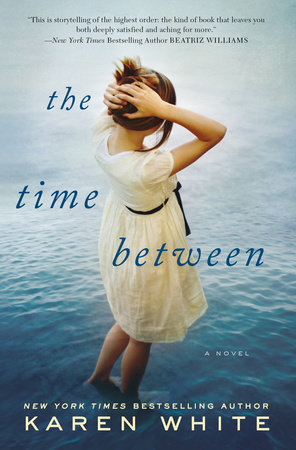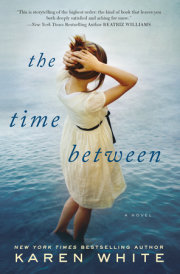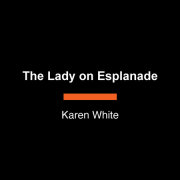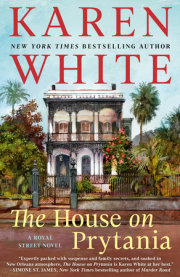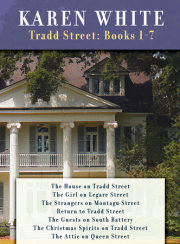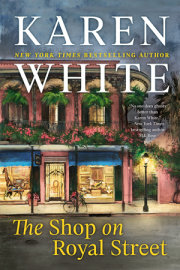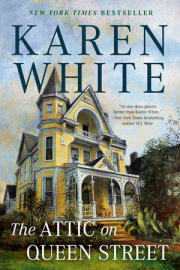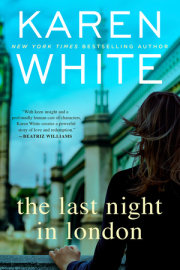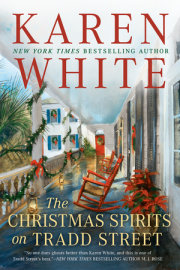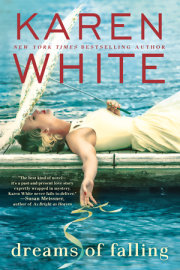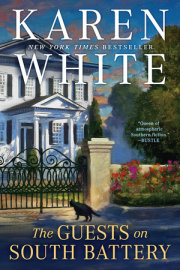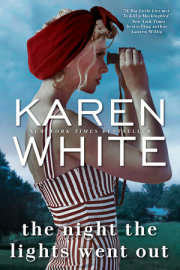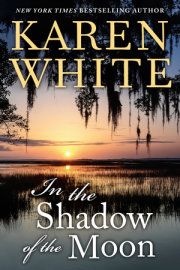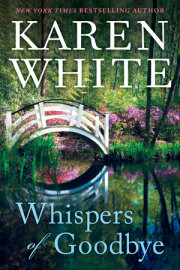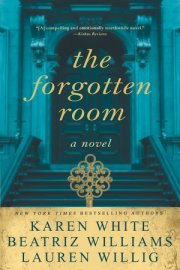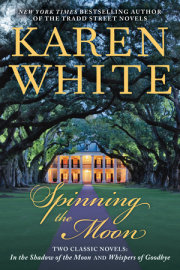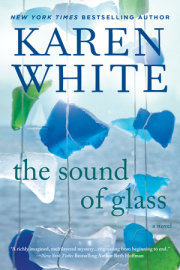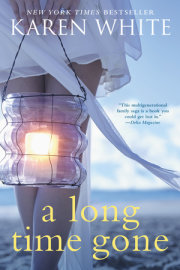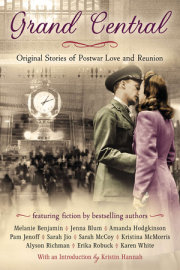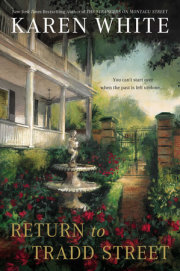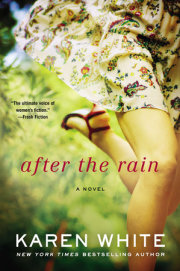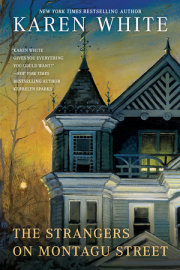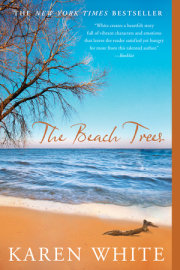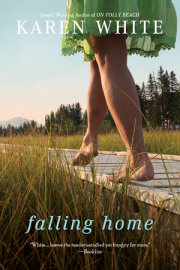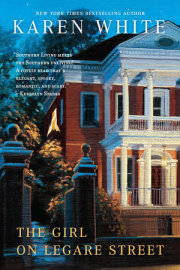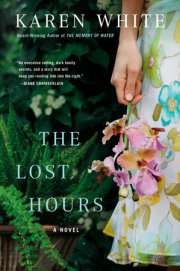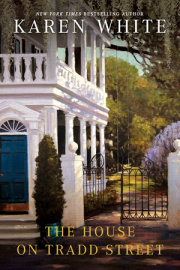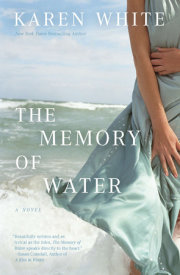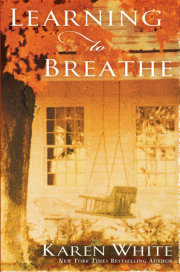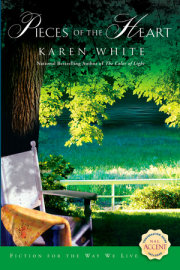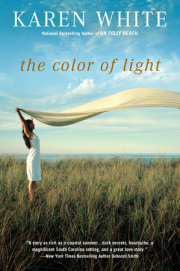The first time I died was the summer I turned seventeen. I remember the air being so hot you could smell the pluff mud baking in the sun, the scent sulfur-sweet and strong enough to curl your toes, the tall stems of sweetgrass listless, their tips bowed in submission. Blood sat like melted copper in my open mouth as I rose above my broken body, splayed like a rag doll beside the dirt road.
Let me go, I thought as I hovered, weightless. But I felt the pull of a gossamer thread of conscience and retribution that tethered me to this earth. Before I heard the screams of the sirens and my mother’s wailing, I knew I wouldn’t stay dead for long.
I watched, suspended between this world and the next, as my mother bent over Eve’s body, my sister’s legs bent in ways they shouldn’t have been. Two paramedics worked on her, trying to push my mother away, while another noticed me, my body nearly hidden in the thick underbrush by the side of the road. He squatted next to me, his fingers reaching for the pulse in my neck. I felt none of this. I watched passively, as if I were a spectator in a movie theater.
I noticed that the paramedic was young, with thick blond hair on his head and muscled forearms that reflected the sunlight and reminded me of the sweetgrass. I was studying him so intently that I didn’t realize that he’d begun to perform CPR. Still I felt nothing. I was more focused on my sister and on my mother, who hadn’t looked in my direction yet. I hadn’t really expected her to.
And there was Glen, tall and slender and strong, moving between Eve and me, helpless to do anything, his frantic pacing only stirring up dust.
I heard my name called and thought for a moment it might be my father come to take me away—away from the two broken girls and screaming mother and the air that moved in hot, thick waves. Flies buzzed and dipped over the thin trail of blood from my open mouth, but I couldn’t hear them or feel them. I was thinking somebody needed to swat them away when I noticed for the first time the wooden church set back behind the trees. When Eve and I had walked our bikes down the dirt road just a short time before, giggling like the little girls we had once been, I hadn’t seen it. It seemed impossible that I couldn’t have.
The bright, whitewashed walls and tall steeple shone like a benediction in the relentless sunlight. The words PRAISE HOUSE were hand painted over the top of the arched red door, and a fence with a rusty gate swung as if spirits were passing through. It made no sense for the church to be where it was, nestled between the giant oaks and bright green undergrowth. But the white paint glowed in the sun as if brand-new, the wood steps leading up to the front door smooth and worn from the tread of hundreds of feet. Seated on the bottom step was a large woman with skin the color of burnt charcoal, her fingers working her sewing bone through the strands on a sweetgrass basket. She wasn’t looking at me, but I was sure it was she who’d called my name.
“Who are you?” I wanted to ask, but all I could do was watch her and her fingers and the grass as it was woven into the pattern of the basket.
Grasping the basket in one hand, she stood and began walking toward where I lay. She stopped for a moment, looking down on me, her shadow blocking the sun from my baking body like the angel of mercy. Slowly she knelt by the paramedic and leaned toward me. He didn’t seem to notice the woman as she bent close to my ear. Her words were clear, and I thought I could feel a cool breeze on my cheek from her breath as she spoke. “All shut-eye ain’t sleep; all good-bye ain’t gone.”
The pain struck me like a fist as I was pulled back toward earth, down into the body I’d inhabited for seventeen years, and gasped with one long, icy breath. I opened my eyes, meeting the blue eyes of the startled paramedic. I turned my head, searching for the woman, but she and the church were gone. Only the sound of a rusty gate and the lingering scent of the heat-scorched sweetgrass told me that she’d been there at all.
I heard my mother crying out my sister’s name over and over as I stared up at the clear blue sky, where a white egret circled slowly overhead. All shut-eye ain’t sleep; all good-bye ain’t gone. I didn’t know what she meant, but I reasoned I’d been given another lifetime to figure it out.
Almost fourteen years later, I was still trying.
Copyright © 2013 by Karen White. All rights reserved. No part of this excerpt may be reproduced or reprinted without permission in writing from the publisher.

